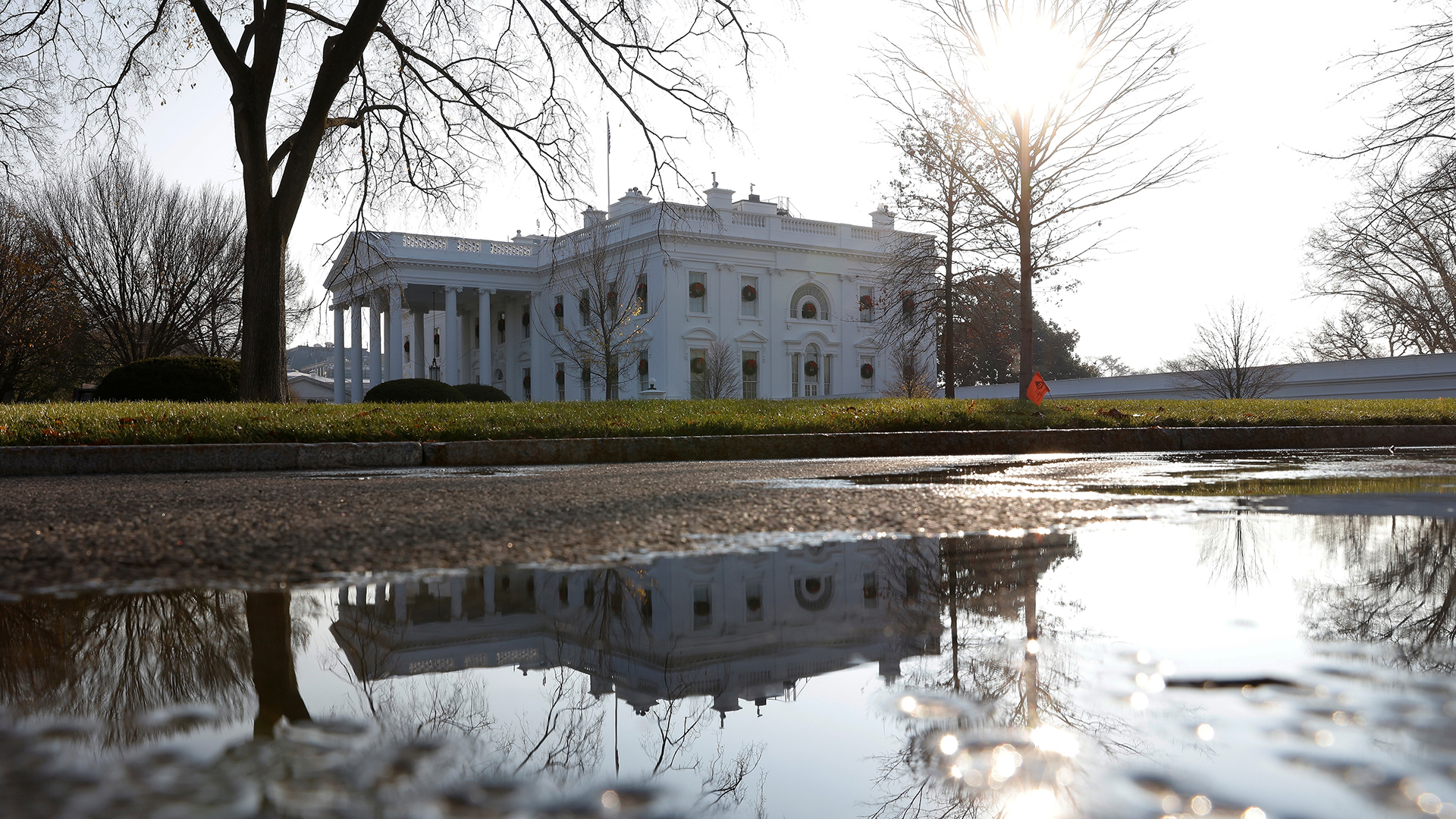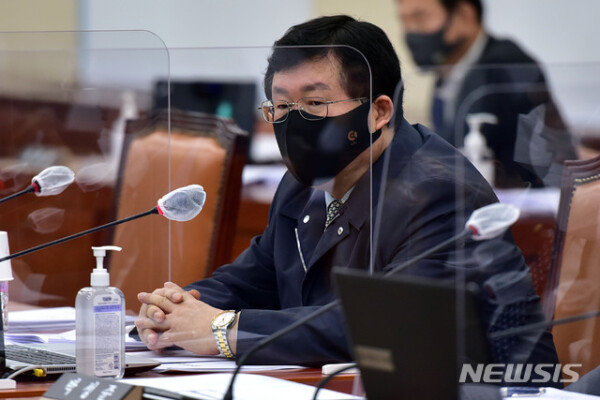It took a long time to determine the winner of the US presidential election; today he will be elected. In the capitals of the states, the electorate casts their vote. Julia Kastein spoke to an election woman from Pennsylvania.
By Julia Kastein, ARD-Studio Washington
Janet Díaz from the small town of Lancaster in the US state of Pennsylvania is receiving a special and controversial honor today: The Democratic city councilor is one of 20 Pennsylvania voters who will end the week-long tussle over the outcome of this presidential election with her vote. “It’s exciting. And I feel humble and honored that they chose me to be part of this election,” says Díaz.
Why she was chosen by her party – the little woman with the black mane who works as an administrator in the hospital is not sure either: “I asked my husband that too: They chose me from millions of people in Pennsylvania.”
The fact that she is a committed party member probably played a role, says Díaz. And the first Latina to run for the Pennsylvania Senate in November – albeit unsuccessfully.
Police protection for electors in some states
Typically, most Americans take little notice of the Electoral College election date. But in 2020 everything will be different: Despite all the defeats in court, US President Donald Trump refuses to recognize his election. And the majority of his followers are convinced that victory was stolen from him.
The mood is so heated that in some states like Michigan, electorate will get extra police protection when they meet today. Hopefully that won’t be necessary in Pennsylvania, says Diáz: “I haven’t been threatened. Maybe there will be a few demonstrators. But I hope we can cast our votes without any disasters.”
The 54-year-old, whose family comes from Puerto Rico, does not want to spoil the appointment. After all, Kamala Harris is the first time a black woman has been elected vice president. Diáz believes that women in the USA have fought long enough for that.
Pennsylvania is one of the states in which the electorate is theoretically free to decide. But because they are nominated by the presidential candidates who have received the most votes, Díaz does not expect any surprises. “I very much doubt that any Democrat will vote for Trump. With the Republicans: who knows? They claim they will not vote for Biden and Harris. But there have been times when people have voted against the party line.”


